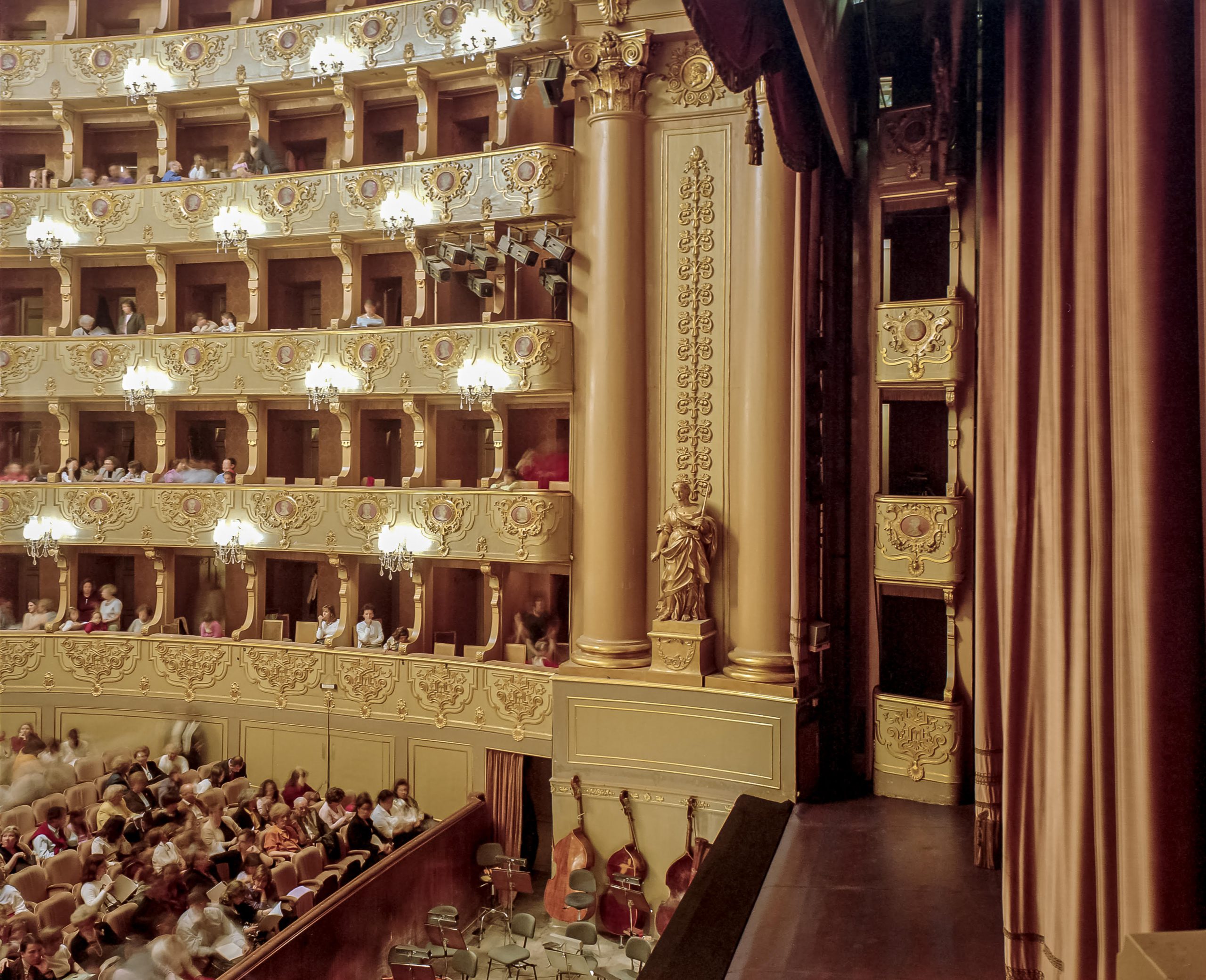13/12/2021

1-3 June 2022, Lisbon (Colégio Almada Negreiros, NOVA FCSH)
In the frame of the FCT-funded Research Project [PTDC/FER- FIL/32042/2017]: Fragmentation and Reconfiguration: Experiencing the city between art and philosophy
SUMMARY
The relationship between aesthetics, the arts, and the city has taken on new forms in the last century and a half, in a process that coincides with both the development of modern metropolises and the emergence of new technologies that have allowed us to know, study and reinvent the urban experience. At the same time, cities have always raised fundamental aesthetic questions concerning the ways of feeling, perceiving and inhabiting the spatial and temporal structures that condition the human experience, as well as the relationship with nature and the non-urban in general.
If it is true that Western philosophy emerged out of an intimate relationship with the polis, it is not always easy to make explicit the terms of the multiple historical and conceptual interactions between philosophy and the city. In any case, it seems clear that, while appealing to a multiplicity of disciplinary perspectives, urban phenomena interrogate and allow themselves to be challenged and questioned by philosophical concepts: the more properly aesthetic ones, but also, and from the outset, those dealing with social, ethical, and political issues.
Fragmentation and reconfiguration: this conceptual pair is intended to guide the contributions to the conference and the way in which they propose to develop the rapport between philosophical thought and the city. The two concepts naturally communicate with other interrelated notions, such as construction and destruction, fragment and whole, the singularity of each thing and the theoretical tendency to search for a comprehensive synthesis. The main goal of this conference is the exploration of creative and dialectical tensions between fragmentation and reconfiguration that can open a critical and differential space – a space of thought and practice. In this sense, it seeks to explore the different ways in which human experience and artistic practice engage with and respond to the fragmentation that characterises modern cities. It is hoped that the conference will also be a space to help us to break open the homogenous images of contemporary cities created by processes linked to capitalism and globalisation, which time and again obfuscate other forms of life.
The concept of fragmentation does not necessarily presuppose a nostalgia for lost unity. On the contrary, it can be seen to be part of an inevitable process of modernity, which has as its productive counterpoint the analysis of fragments, details, and circumscribed case studies, a critical access to an understanding of our present time, however provisional this access may be. On the other hand, the concept of reconfiguration calls upon the very possibility of rethinking, reconstructing, and reimagining urban space, which is of the utmost importance not only for a philosophical consideration of the city, but also for the artistic practices that deal with it and are inspired by it. This is all the more relevant as the present conference (and the project that gave rise to it) are anchored in Lisbon, a city whose contemporary processes of reconfiguration raise a series of aesthetic and conceptual challenges.
The International Conference “Thinking the City through Fragmentation and Reconfiguration: Aesthetic and Conceptual Challenges” invites all those interested to submit paper proposals within this set of issues and challenges. Proposals should fall within one of the following themes:
- Themes and authors of philosophy that explore the dynamics between fragmentation and reconfiguration (construction and destruction; fragment and whole; singularity and synthesis; morphology), and that can contribute to critically thinking about urban space;
- Philosophy of/in the city: historical-philosophical approaches;
- Is there an anti-urban tendency in philosophy?
- Philosophical approaches to the dynamics between fragmentation and reconfiguration when linked to the challenges of contemporary cities: ecology, megalopolises, tourism and gentrification, nature and technology, surveillance and security, phenomena of social fragmentation and cultural (dis)integration: ghettoization and multiculturalism;
- The aesthetic experience of the city in its perceptual, sensory, and spatial-temporal aspect;
- Case studies from Art (architecture, literature, painting, film, photography, sound arts, etc.) working with the fragmentation and reconfiguration of the city;
- Contributions from emerging philosophical fields such as “urban aesthetics” and “everyday aesthetics”;
- Aesthetic and conceptual challenges of the city of Lisbon (and comparative studies with other cities).
KEYNOTE SPEAKERS
Fabrizio Desideri (Università di Firenze)
David Kishik (Emerson College, Boston)
Paula Cristina Pereira (University of Porto)
Adriana Veríssimo Serrão (University of Lisbon)
Jean-Paul Thibaud (CNRS, CRESSON)
SCIENTIFIC COMMITTEE
João Pedro Cachopo (IFILNOVA/NOVA FCSH)
Hugh Campbell (University College Dublin)
Nélio Conceição (IFILNOVA/NOVA FCSH)
Bruno C. Duarte (IFILNOVA/NOVA FCSH)
Graeme Gilloch (Lancaster University)
Sanna Lehtinen (Aalto University and University of Helsinki)
Maria Filomena Molder (IFILNOVA/NOVA FCSH)
Paula Cristina Pereira (University of Porto)
José Miguel Rodrigues (University of Porto)
Susana Ventura (IFILNOVA/NOVA FCSH)
Susana Viegas (IFILNOVA/NOVA FCSH)
All submissions will undergo a double-blind review process. Please send your anonymized paper proposal of max. 400 words including references (max. 5), plus a short biography (max. 200 words, different document), in Portuguese or English to: thinkingthecity.conference@gmail.com.
Papers should be 20 minutes in length, followed by 10 minutes of discussion.
Though submissions and communications in Portuguese are accepted, we call your attention to the fact that this is an International Conference and using English can facilitate dialogue between all participants.
IMPORTANT DATES
15 February: Deadline for submitting proposals
15 March: Notification of acceptance of proposals
1-3 June: Conference
PUBLICATION
A book will be published consisting of a selection of the papers presented at the Conference after they have been reviewed and edited.
ORGANISATION
Paula Carvalho, Nélio Conceição, Bruno C. Duarte, Nuno Fonseca, Alexandra Dias Fortes, Maria Filomena Molder, Susana Ventura.
[Photo © Paulo Catrica]
Download call here.

